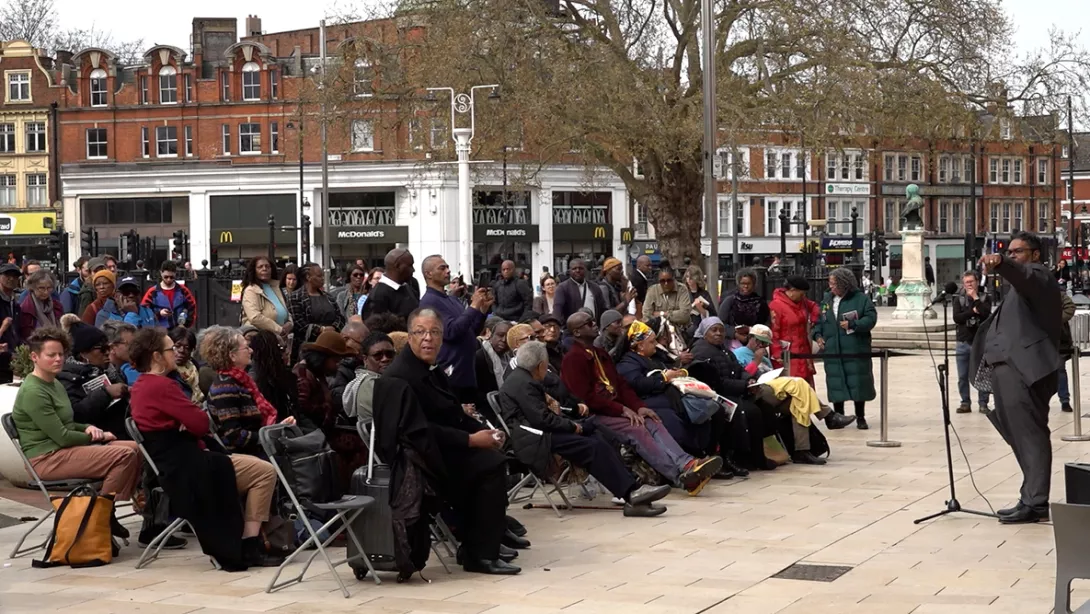
THE creation of a “hostile environment,” which Theresa May announced to Parliament 10 years ago, has proved disastrous for many people with migrant backgrounds over this period.
The scandalous treatment of Windrush generation migrants provided the headlines but there have also been many accounts of denial of family reunion rights because of low income; the deportation of people who entered the country as child migrants because of run-ins with the law; international students threatened with removal because of baseless claims of fraud in English language tests; self-employed workers losing residence rights as a consequence of queries about their tax returns; the ending of most rights of appeal against errant Home Office decisions; and of course, the cruel treatment of people seeking asylum.
The purpose of the hostile environment was to generate precarity for the millions of people now resident in Britain because of their status as immigrants into the country, even if the date of their arrival was many decades ago. The points at which status was to be checked extended beyond the workplace to cover entry into tenancy agreements with private landlords, opening bank accounts, obtaining driving licences, hospital treatment, enrolment in higher education, applications for social security benefits and the welfare services provided by local government.














